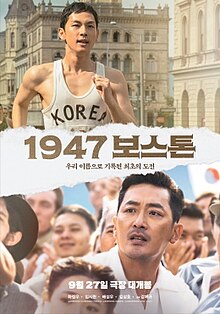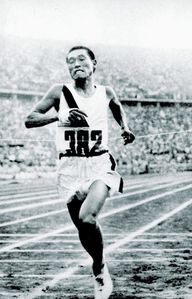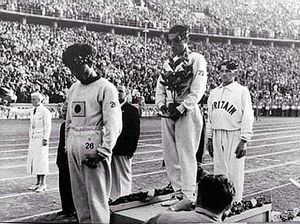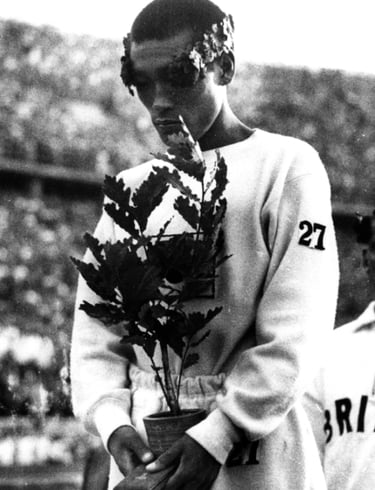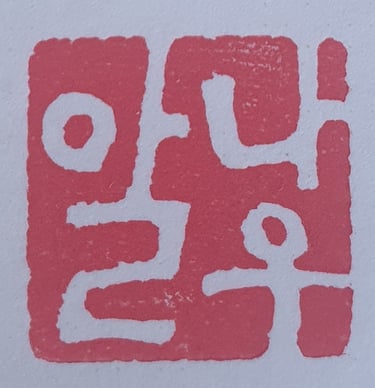Son Ki-jeong: Korean Athletic Legend
Son Ki-jeong (손기정, 1912-2002) is an iconic figure in Korean athletics, renowned for winning the gold medal in the marathon at the 1936 Berlin Olympic Games. His victory is particularly notable due to the historical and political context of the time, as Korea was under Japanese occupation. Son's story is one of exceptional athleticism, resilient patriotism, and a symbol of national pride for Korea.
Early Life and Career
Son Ki-jeong was born on August 29, 1912, in Sinuiju, in what is now North Korea. From an early age, he showed exceptional talent for running. His passion for the sport developed during his teenage years when he began participating in local competitions and winning races.
In 1931, at the age of 19, Son moved to Seoul to pursue his studies and train more seriously in athletics. He enrolled at Yangjeong University, where he benefited from better training facilities and guidance from experienced coaches.
The 1936 Berlin Olympic Games
In 1936, Son Ki-jeong qualified for the Berlin Olympic Games. However, at that time, Korea was under Japanese occupation, and Korean athletes were required to compete under the Japanese flag. Son was registered under the Japanese name Son Kitei (孫基禎) and wore the uniform of the Japanese team.
Despite this challenging situation, Son remained focused on his goals. On August 9, 1936, he competed in the Olympic marathon. He ran with determination and strategy, taking the lead in the second half of the race. Son crossed the finish line in 2 hours, 29 minutes, and 19.2 seconds, setting a new Olympic record.
Reactions and Controversies
Although Son Ki-jeong was officially recorded as representing Japan, he made a discreet yet meaningful gesture during the medal ceremony. In photographs from the event, Son can be seen subtly covering the Japanese emblem on his chest with a small bouquet of flowers. This gesture was a silent protest against Japanese occupation and a symbol of his Korean identity.
Son's victory was met with immense pride in Korea, but also with frustration due to the political circumstances. The Korean newspaper Dong-a Ilbo published a photo of Son with the Japanese flag erased from his chest, which led to severe retaliation from the Japanese authorities.
Post-Olympic Career and Activities
After the Olympic Games, Son Ki-jeong continued running, but he did not participate in major international competitions due to political tensions and restrictions imposed by the Japanese authorities. He dedicated himself to training and mentoring young Korean athletes.
Following Korea's liberation in 1945, Son played an active role in the development of athletics in South Korea. He became the national coach and worked to promote the sport among the youth. He also founded institutions to support athletes and encourage physical education.
Recognition
Son Ki-jeong is widely recognized as a national legend in South Korea. His gold medal at the Berlin Olympic Games remains a historic moment and a source of pride for the nation. He was honored numerous times for his contributions to both sport and Korean society.
In 1988, during the Seoul Olympic Games, Son Ki-jeong was one of the torchbearers, symbolizing reconciliation and the celebration of Korean identity. He passed away on November 15, 2002, but his legacy continues to inspire future generations.
Son Ki-jeong is not only an exceptional athlete but also a symbol of resilience, national pride, and courage in the face of oppression. His journey continues to inspire Koreans and sports enthusiasts worldwide. His life and career are a testament to the importance of sportsmanship and cultural identity, even in the most challenging times in history.
Son Ki-jeong on screen
Road to Boston (보스턴 1947, 2023) - Directied by Kang Je-gyu.
